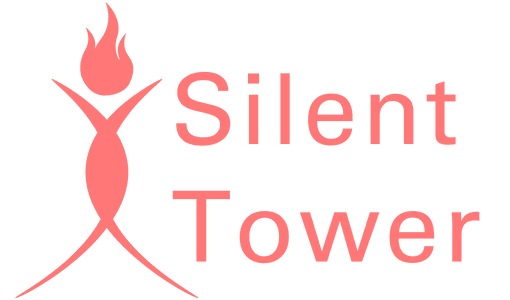Integrated Transformational Leadership (ITL) – Past
*Completion of ITL – Now is required before attending ITL – Past. Participants may complete ITL – Now at any prior date.
Duration
4 full days
It's possible to combine ITL-Past with ITL-Now for a 7-day retreat.
Format
- Retreat-Style Immersion: Conducted at a retreat-appropriate venue where participants stay on-site, fostering a focused and distraction-free environment.
- Full Presence Required: Participants are encouraged to disconnect from daily responsibilities and fully immerse themselves in the experience to maximize personal growth and transformation.
- Intensive Schedule: Days begin early in the morning and extend into the evening, providing ample time for deep learning and practice.
- Balanced Approach: Combines classroom-style instruction with experiential practices and immersive exercises, ensuring both intellectual understanding and embodied transformation.
Philosophy
The ITL-Past Program builds on the ITL-Now Program’s foundation by diving deeper into self-reflection and emotional integration. It explores how past experiences, patterns, and unresolved challenges influence current leadership behaviors. This program adds a layer of introspection and growth, allowing participants to address limiting beliefs and unlock deeper levels of authenticity and self-awareness.
Target Audience
This program is designed to benefit individuals at all leadership levels, offering tools and insights that are universally valuable. However, it is specifically tailored for leaders who are seeking to deepen their self-awareness, enhance their leadership impact, and cultivate resilience in high-pressure environments.
It is ideal for those ready to step beyond traditional leadership techniques and embrace a transformative approach to leading with authenticity and intrinsic power.
Program Goals
ITL – Past equips leaders to examine and shift the internal patterns that shape their leadership from behind the scenes. By bringing hidden beliefs, emotional triggers, and reactive behaviors into conscious awareness, participants develop:
Deeper Self-Awareness – the ability to understand how past experiences and beliefs influence present-day leadership decisions
Emotional Agility – the capacity to stay grounded and responsive under stress, without resorting to control, withdrawal, or overcompensation
Behavioral Integrity – the alignment of values, actions, and communication—creating leadership that’s trusted and respected
Relational Clarity – the skills to engage with authority, feedback, and power dynamics with more transparency and stability
This program lays the psychological and emotional foundation leaders need to evolve from reactive patterns into conscious, aligned, and sustainable leadership.
In this course we focus on
The ITL – Past program helps leaders surface and examine the deeper patterns, emotional habits, and belief systems that silently shape how they lead. By bringing unconscious dynamics into conscious awareness, participants develop emotional clarity, personal responsibility, and the ability to lead without reactive distortion. This phase builds the inner strength to navigate complexity with grounded confidence—and sets the stage for more authentic, aligned leadership moving forward.
Recognizing Unconscious Patterns
Identify the default reactions and behaviors that limit your effectiveness—especially in high-pressure or emotionally charged situations.
Reframing Limiting Narratives
Explore the internal stories and belief systems that shape your leadership identity. Shift outdated mental models into narratives that serve your growth and goals.
Leading from Responsibility, Not Reaction
Move beyond blame, avoidance, or overcompensation. Learn to lead from grounded awareness—even when faced with tension, conflict, or uncertainty.
Uncovering Distortions in Perception and Behavior
Examine how your emotional history, cultural influences, or early leadership experiences may skew how you perceive others—and how they perceive you.
Strengthening Emotional Agility
Improve your capacity to stay composed under pressure. Learn to recognize, regulate, and work with your internal responses while staying connected and effective.
Building Self-Trust and Relational Presence
Develop the ability to lead with stable authority—without dominance or collapse. Increase your trustworthiness by aligning intention, behavior, and relational clarity.

